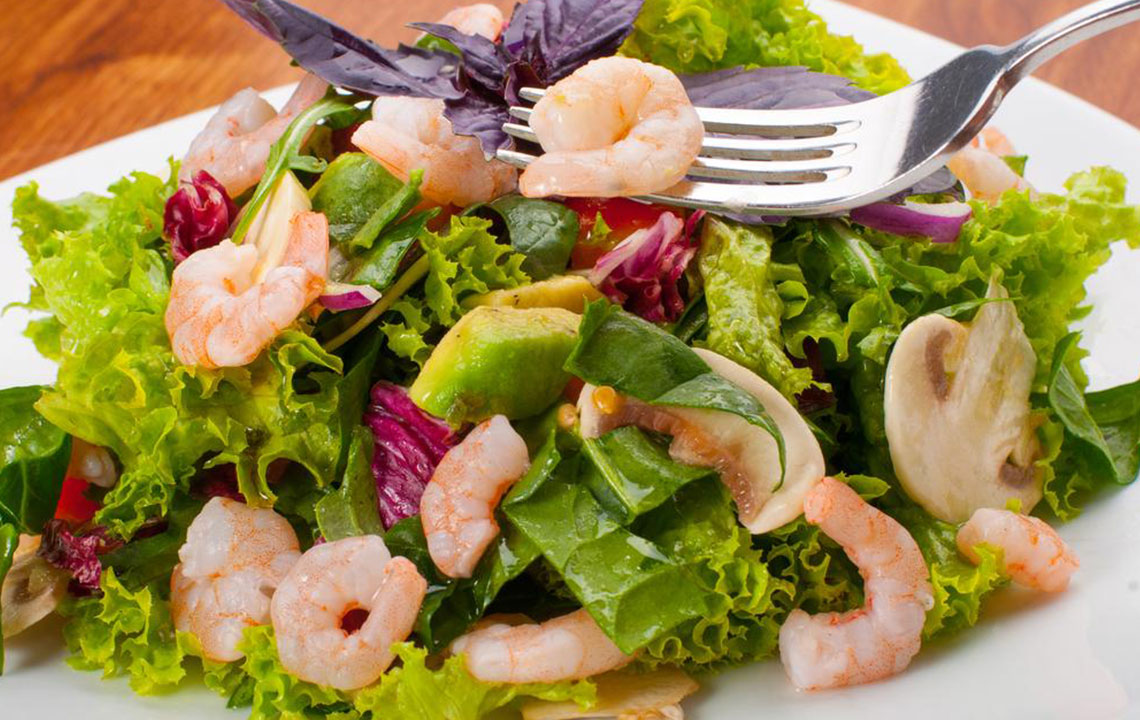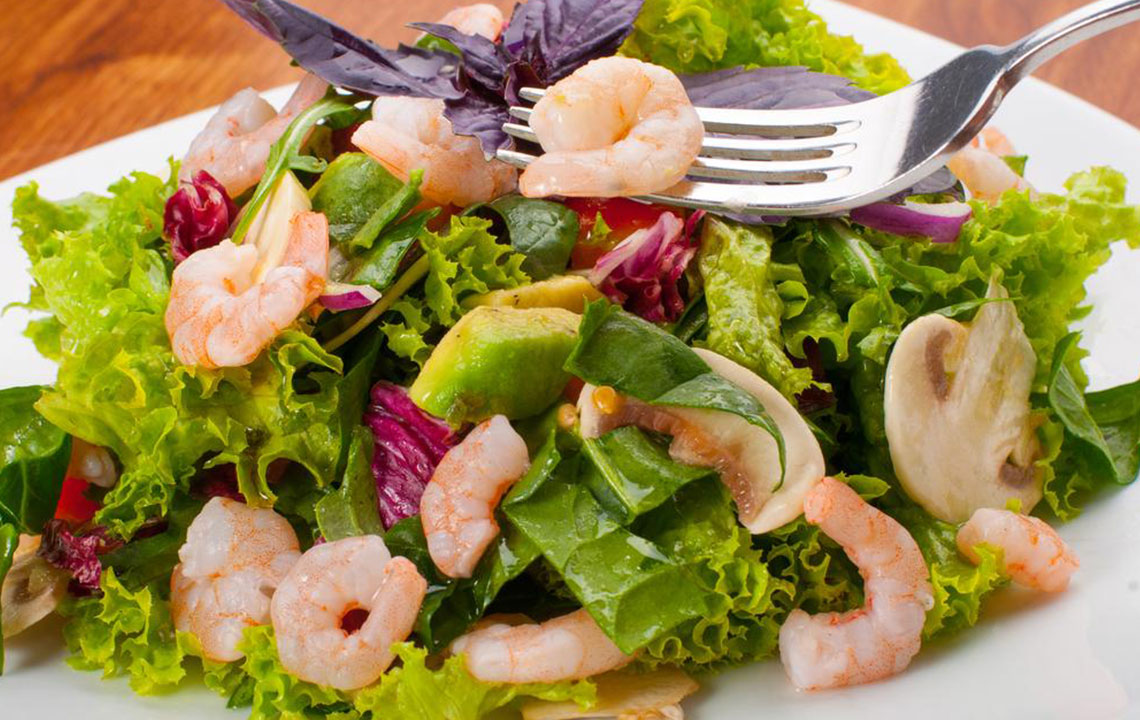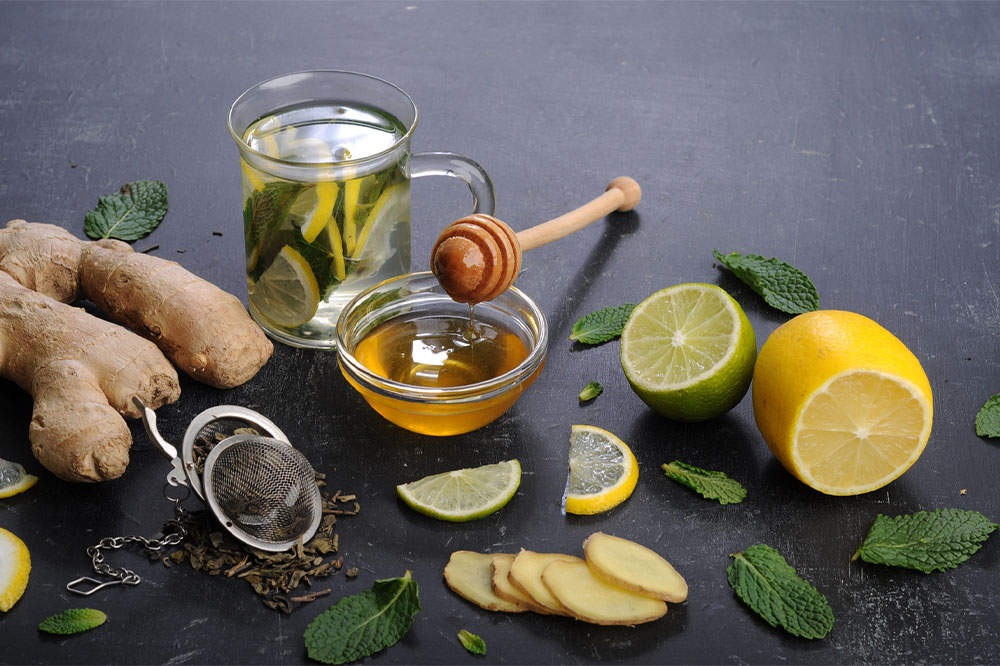Lifestyle Strategies to Prevent and Relieve Acid Reflux
Discover practical lifestyle and dietary strategies to prevent and ease acid reflux symptoms. Learn about natural remedies, foods to avoid, and tips for better digestion, helping you manage this common condition effectively without relying solely on medication.

Effective Lifestyle Strategies to Combat Acid Reflux
Digestive discomforts such as indigestion, bloating, and burning sensations are widespread across all ages. Many suffer from persistent symptoms like stomach gas, throat irritation, and chest discomfort, indicative of acid reflux.
Though medication can be necessary for severe cases, implementing lifestyle and dietary modifications often helps control symptoms. Adopting healthy habits promotes better digestion and can prevent chronic issues.
Understanding Acid Reflux
The stomach connects to the esophagus via the Lower Esophageal Sphincter (LES), a muscular valve. If this valve remains open too long, stomach acids may reflux into the esophagus, causing heartburn.
If reflux occurs more than twice weekly, it could be diagnosed as Gastroesophageal Reflux Disease (GERD), requiring specific treatment.
Symptoms include burning sensations, frequent burping, bloating, and an unpleasant taste. Severe signs may involve vomiting blood, stool changes, nausea, weight loss, hiccups, or sore throat.
Practical Lifestyle Adjustments for Heartburn Relief
Alongside medications like antacids, certain habits can alleviate symptoms:
Consuming smaller, more frequent meals
Avoiding lying down right after eating
Steering clear of foods such as chocolate, caffeine, alcohol, citrus, mint, garlic, and spicy dishes
Ceasing smoking
Reducing intake of medications like NSAIDs and muscle relaxants that may worsen reflux
These changes support healing, minimize esophageal irritation, and improve digestion. Always watch for specific food triggers, eat slowly, and wait 2-3 hours post-meal before lying down to prevent acid reflux.
Natural Remedies for Immediate Relief
Several common kitchen remedies can help soothe reflux symptoms:
Baking Soda: Mixing a teaspoon of baking soda in water can neutralize stomach acid—use cautiously, not exceeding half a teaspoon per dose or one week to avoid side effects.
Aloe Vera Juice: Drinking a glass before meals may reduce inflammation and alleviate reflux discomfort.
Chewing Gum: Sugar-free gum stimulates saliva, helping rinse away excess acid after meals.
Bananas and Apples: These fruits act as natural antacids, providing relief when eaten before bedtime.
Almonds: Eating 3-4 almonds after meals may neutralize stomach acids—moderation is key.
Herbal Teas: Ginger root or chamomile teas before sleep calm stomach acids and reduce reflux symptoms. Brew in hot water, adding honey or lemon if desired.
Additional tips include avoiding tight clothing and elevating your head during sleep with extra pillows to reduce acid backflow.


